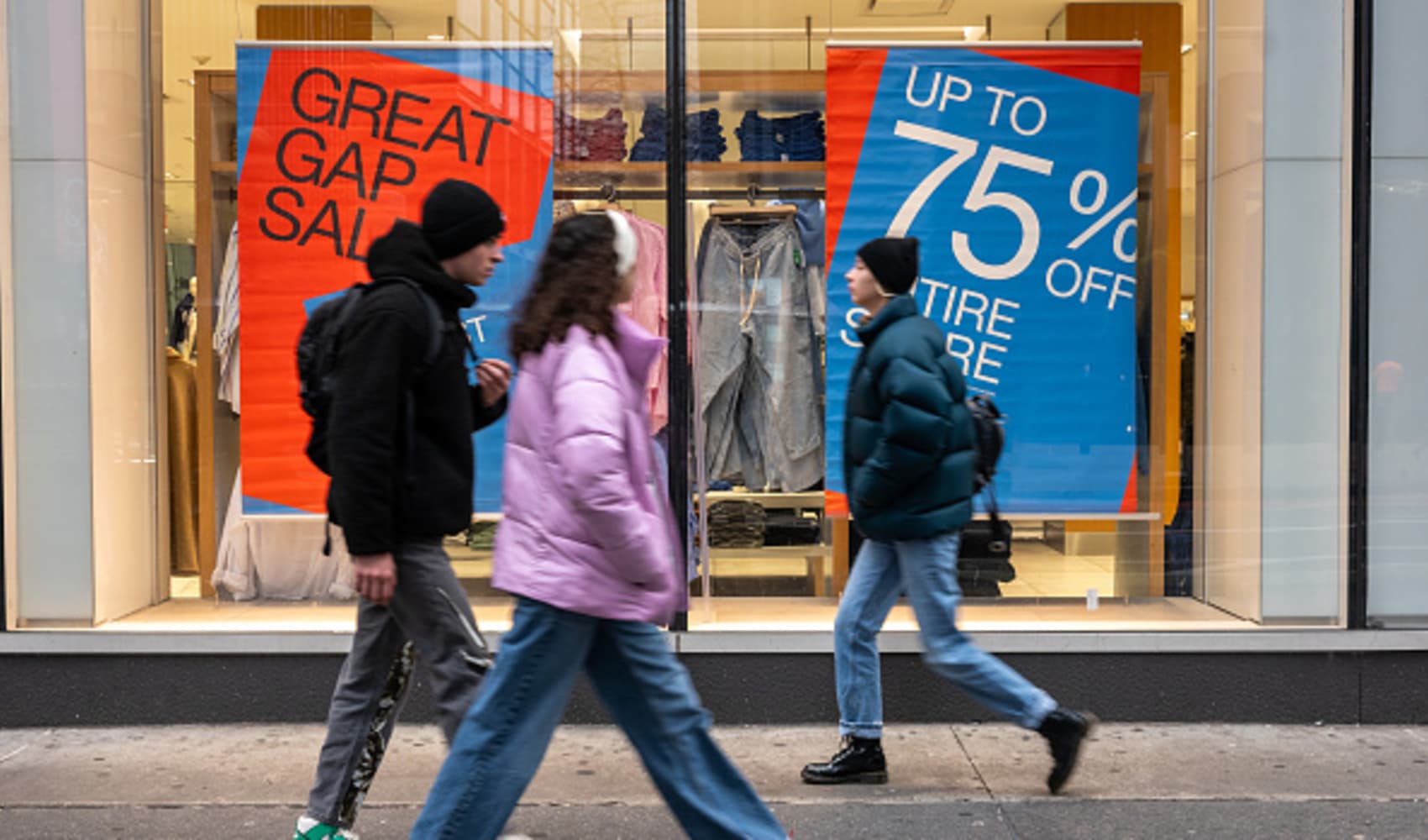
- Amazon on Thursday unveiled new warehouse technology at its robotics and delivery conference.
- The robotic arm, called "Sparrow," can lift and sort items of varying shapes and sizes.
Amazon on Thursday showed off a new robot that could one day assist warehouse workers with some of the more tedious aspects of the job.
The company unveiled "Sparrow," a robotic arm that can pluck millions of items of varying shapes and sizes, on stage at the Delivering the Future conference near Boston, where it showcased new robotics, transportation and last-mile delivery technologies.
Amazon says Sparrow uses computer vision and artificial intelligence to move products before they're packaged. A video of Sparrow shows the robotic arm picking up a board game, a bottle of vitamins and a set of sheets — all the kinds of items that might flow through one of the company's warehouses — and deftly placing them in crates.
Suction cups attached to the surface of the robot allow it to firmly grasp items. Previous iterations of robotic arms have been able to pick up boxes, which are generally uniform in their shape but might vary in size. But Sparrow is capable of handling items with varying curvature and size, said Jason Messinger, principal technical product manager of robotic manipulation at Amazon Robotics, in a demonstration.
"This is not just picking the same things up and moving it with high precision, which we've seen in previous robots," Messinger said.
The robotic arm can identify around 65% of Amazon's product inventory, the company said.
Money Report
While the introduction of robots to the warehouse often raises questions about whether human jobs will be replaced, Amazon says Sparrow will "take on repetitive tasks," freeing employees up to focus on other things.
The company also said the technology can improve safety in the workplace, although that prospect has been debated. An investigation by Reveal from the Center for Investigative Reporting found the company's warehouses with robots have higher injury rates than facilities without automation.
Amazon has steadily added to its fleet of warehouse robots since it acquired Kiva Systems for $775 million a decade ago. Kiva evolved into Amazon Robotics, the company's in-house incubator of robotic fulfillment systems.

By adding more automation to its fulfillment centers, Amazon could reduce its dependence on front-line workers to handle the picking, packing and shipping of items in its warehouses. That vision is more relevant than ever as the company, which is the second-largest employer in the U.S. behind Walmart, could run out of workers to hire in the country by 2024, Recode reported.
About 75% of the 5 billion packages processed by Amazon annually are handled by robots in at least one part of the delivery process, the company said Thursday.
Amazon in June unveiled its first fully autonomous robot that can operate alongside warehouse workers, in addition to other systems that can sort and move packages. It also acquired Cloostermans, which develops warehouse machinery and robotics.
WATCH: Amazon did not deliver on earnings, says Jim Cramer






